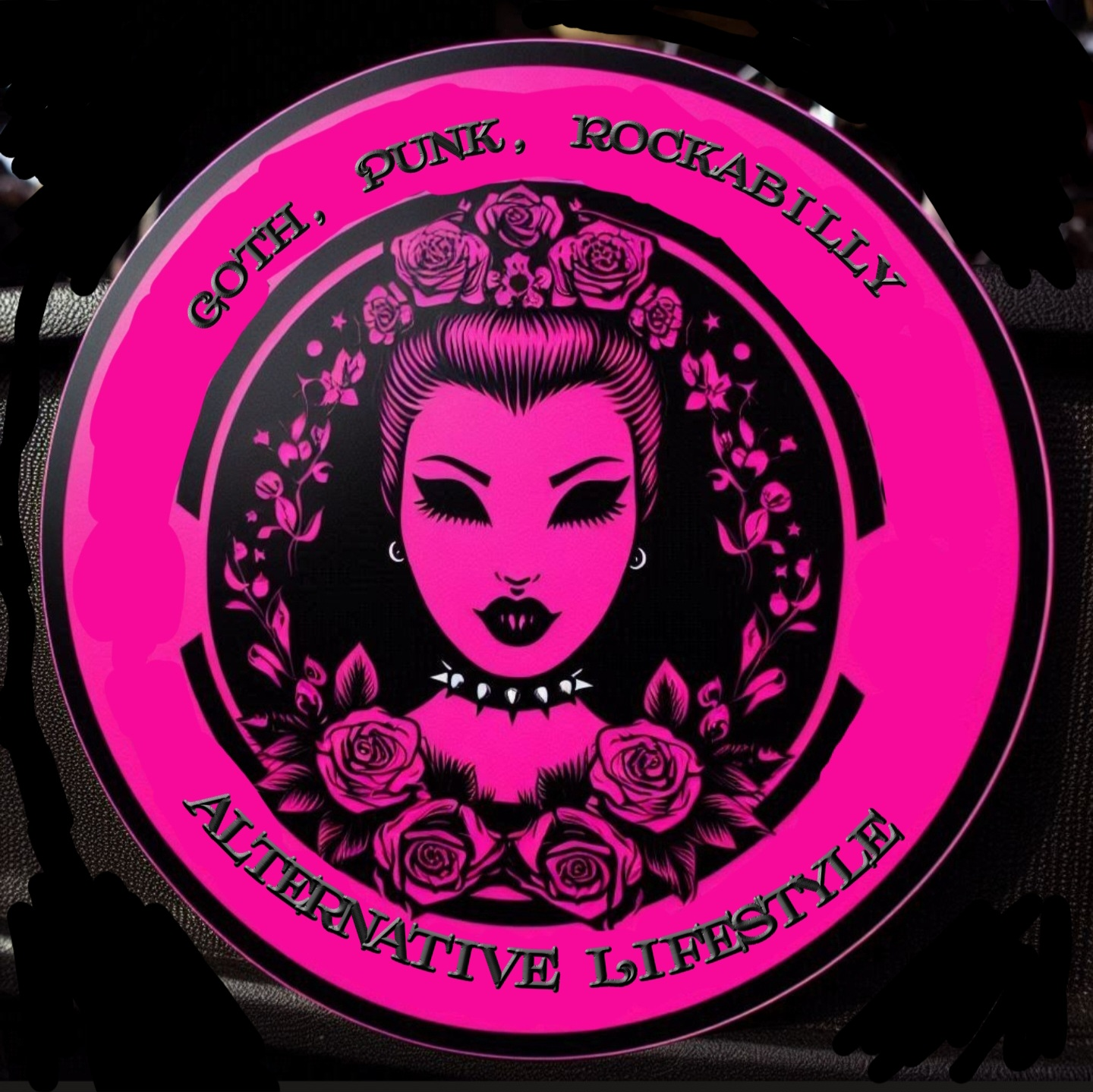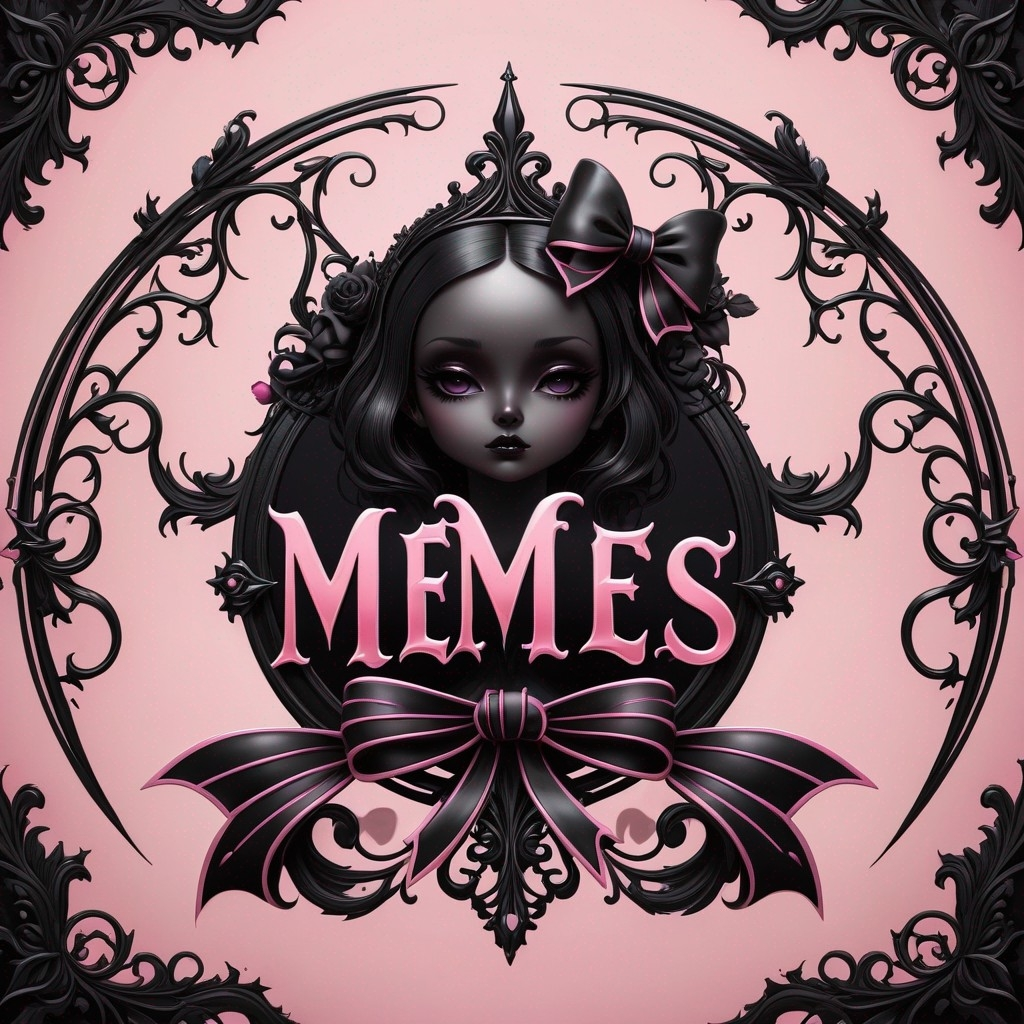I dunno, it’d be a downgrade from my current buns of steel. I’d have to be more careful. Might make a crack in it.
- 11 Posts
- 434 Comments

 3·11 months ago
3·11 months agoEven if people go “Well, they weren’t getting paid anyway”, data clean-up is just good practice.
You never know what that data is being used for, so even if it isn’t paying people here, you never know what those dead entries might be causing problems with elsewhere.
At no point does any lefty go “Hey, maybe the reason the conservatives thought Jan 6th was ok was the 6 months of violent riots we engaged in, including fireboming federal buildings and police stations and attacking the whitehouse so severely that the president and his family needed to be sent to underground bunkers for their protection? And then our friendly DAs didn’t prosecute most people for their involvement?”
Nope. just came outta nowhere! Don’t those conservatives realize nobody is above the law?

 2·11 months ago
2·11 months agoReally, the issue here was that they screwed up using the tool more than the tool itself.
If you were using MS teams or slack you’d still potentially have the same issue of inviting the wrong person to the group chat, especially since tools like teams are letting inside and outside organizations be more integrated.
This stupid octagonal sign. I keep turning back and it’s still there, taunting me.

 2·1 year ago
2·1 year agoHe was cured.

 2·1 year ago
2·1 year agoThat one goes hard.

 2·1 year ago
2·1 year agoRelevant.
Shame Shaffer the Darklord ended up being a New Yorker in the media.
It isn’t cheap keeping billions of dollars of state of the art weapons systems operational.
On earth

 4·1 year ago
4·1 year ago“I make my own cheese. With muh dick.”
All the doctored numbers are saying the economy is great, inflation is great, employment is great.
It’s not true, and anyone who actually lives on planet earth and doesn’t have their butler doing the shopping knows it.
I expect that the moment a party the bureaucrats don’t want to prop up is fully in power the numbers will reflect reality and magically suddenly everything will be horrible oh my god the numbers are saying the world is ending and it’s all Trump’s fault!
I might sound conspiratorial, but if you have a situation where in 11 of 12 months there are downward revisions on data that the government and central banks really need to be better to justify what they want to do, I think that is inherently suspicious. Given that something absurd like 80% of political donations go to the presently outgoing party, I feel there’s a reasonable expectation of where the bias is coming from.
I’ll say I could be wrong, maybe everything really is fine and all the numbers will continue to be great in February, but every signal that doesn’t have duct tape over it is screaming massive recession and yet the numbers keep showing everything is awesome. It’s like if you tape your speedometer at 55, it doesn’t mean you’re not doing 90, and you can hear the motor revving, you can see everything moving faster, you can hear the wind rushing up against the windows, but the gauge says 55 so you must be going 55!
Consumer debt levels are going crazy, the yield curve has been inverted for a while now, house sales are crashing in some key markets, auto sales are way down, there are mass layoffs at many companies, but according to the number line goes up.
It took me way longer than I’d like to admit to get that one.

 3·1 year ago
3·1 year agoYou have cited Wikipedia, which is citing the southern poverty law center.
In other words, you’re a hypocrite.
I have warned about this with respect to these numbers before, and I’m going to warn about them again: you really can’t trust the employment numbers right now. The amount of downward revisions in the past 2 years is absurd, including one 800,000 job downward revision prior to the election. It’s entirely possible and even probable that these numbers will be revised further downwards.
What I actually expect is for a lot of numbers to keep looking better than they really are until about January 20th. And then suddenly a whole bunch of stuff is going to end up looking the way it really is…

 1·1 year ago
1·1 year agoIn my previous essay, I made the point that the first Matrix movie was the only one that was competently executed, and that is because the first movie is an anthem to postmodernism and that was the water in which the Wachowski fish swim, and they are made up of the same matter as the river thereby. The hero’s journey is to understand that the world in front of him is a lie and it’s only by rejecting the narrative his senses give him and embracing a literal deconstruction of reality in terms of the symbols of the matrix he sees near the end of the movie does he find the power to tear down the systems, and the final monologue is a proud statement that Neo will tear down the existing systems and reveal the falseness of the narratives.
The second and third movies were a mess in part because while they engage with philosophies, the movies don’t really integrate those ideas in the same way the first movie integrated postmodernism. In my essay I proposed a second and third movies that would focus on Neo utilizing his inherent virtues as a hero to overcoming the challenges ahead of him. This would be what sequels rejecting postmodernism would look like in my view.
The second movie introduced a new power – Neo’s ability to interact with machines outside of the Matrix. This new power is a synecdoche, where a part represents the whole, of the problems with the movies. why does Neo have this power? Because the movie wanted him to have the power. Practically, there is no explanation for this power given the logistical hurdles of wirelessly manipulating machines. Philosophically, there is no connection between this power and the themes presented of the Matrix being the false simulacrum of the peak of human civilization and Zion being the Desert of the Real. Morally, there was no reason the he deserved this new power, he didn’t engage in virtuous conduct to achieve it. It was a deliberate decision which was made ostensibly for the spectacle of it. The story and the narrative find themselves at a crossroads because the actions within the story and the narrative within the story are at odds, and that is a theme throughout the second and third movies, a disconnect between the themes and the events of the movies.
Instead, we got obtuse philosophical dissertations and action scenes that lacked any meaning. After the Architect scene, Neo “chooses love over logic” which has emotional weight, but lacks philosophical grounding and doesn’t actually have any moral weight because it isn’t clear that choosing to save his lover is the right thing to do, and his passivity limits the moral conviction he shows.
The sequels pivot from postmodernism to systems theory, free will versus determinism, and the cyclical nature of oppression and rebellion, but ultimately there is a difference between narrative and story, and I think that’s best illustrated by the difference between the high-minded philosophical concepts spoken of in for example the Architects dissertation, and the actual themes the actions within the movie demonstrate. The themes are discussed but never actually integrated into the plot.
Another theme they somewhat ham-handedly tried to include was the idea of Neo as a messianic figure. They used the imagery at the end of the movie to imply that Neo was an embodiment of Justice and Christ-like, but the narrative is not the story and the trilogy doesn’t really support this viewing.
The disconnect between narrative, the story, and the actions of the story makes the addition of philosophical ideas weak, and arguably serves to distract from the core themes of the story as such. If the addition of philosophical ideas was firmly rooted in the core construction of the trilogy then it could have been one of the smartest and best trilogies of all time, but most people found the sequels pretentious, bombastic, and boring because it’s ultimately just a bunch of things that happen with little holding the events together once you start ignoring the dissertations on philosophy peppered throughout.
Contrast with the first movie which is explictly about postmodernism, and has a “real world” that’s gritty and ugly and boring and a “Matrix” which is sexy, stylized, and exciting, and the core journey for the hero was to learn to deconstruct the world around him and to reject the narrative of the machines, with one of the main enemies in the story being someone who has been released from Platos cave but wants to return and never know the sun.
To your point about Debord’s works criticizing spectacle, the Wachowskis neglected to give Neo an integrated arc by exploring the boundaries of his powers in ways that reflect his virtues or philosophical growth. We have many great examples of this in media, where the hero’s journey is quiet and reflective instead of loud and reactive. Instead, they leaned on spectacle, which felt like a regression rather than an evolution.
The original Matrix movie is so powerful that today its imagery is used as shorthand for major political movements (The Red Pill). The second and third movies by contrast were ephemeral, and nobody talks about them much today except to mention that they weren’t very good. Nobody uses Colonel Sanders, extended rave sequences, stopping robots with your mind or Neo-Jesus as metaphors for anything. that’s in spite of the fact that we’re in a world that wants meaning and is seeking it desperately. This helps illustrate the difference between them.
One argument could be made that the disjointedness of the sequels was intentional or that the big dumb action scenes were intended to be hollow and meaningless as an intentional philosophical statement. I tend to think neither of these are true based on how self-satisfied the writing seems to be, and how the cinematography really seems to want to convince you that the big dumb action scenes are actually interesting and cool (for example, the slow motion focus on a cool flip from Trinity in Matrix Reloaded). It would suggest that there’s further disconnects within the movie where the visual language it’s using aren’t consistent with the message allegedly being portrayed. Contrast with a highly philosophical piece such as Spec Ops: The Line, which starts off playing things straight but slowly changes the character of how it is portrayed to enhance the discomfort the player would be feeling from the actions the player character has taken in the player’s name.
As Morpheus said in the first movie, “Quit trying to hit me and hit me!” – If the movies were doing their job as implementations of a compelling philosophical framework, they would be engaging through the embodiment of those values. Instead, the movies are boring to watch even during the most incredibly choreographed fight scenes (and one could argue that it was intentional, but I’d counter that the cinematography didn’t imply it was intentional, it seemed to imply “you should think this is really cool and epic”). This likely wasn’t what they were aiming for, but instead was a symptom of a Hollywood that by this time was starting to be disconnected from the material world and like a car stuck in the snow continued to push the gas harder hoping to move forward but instead just digging a deeper rut in the ice.
So given this perspective, what do you think makes the sequels a cohesive and integrated whole that is greater than the sum of its parts? How does one great movie and two poor movies equal three great movies as a whole? How do you counter the criticism that instead of leaning back from spectacle they instead leaned into it with action sequences that were ultimately boring and hollow in ways that harm the piece instead of helping them?

 1·1 year ago
1·1 year agoIn my previous essay, I made the point that the first Matrix movie was the only one that was competently executed, and that is because the first movie is an anthem to postmodernism and that was the water in which the Wachowski fish swim, and they are made up of the same matter as the river thereby. The hero’s journey is to understand that the world in front of him is a lie and it’s only by rejecting the narrative his senses give him and embracing a literal deconstruction of reality in terms of the symbols of the matrix he sees near the end of the movie does he find the power to tear down the systems, and the final monologue is a proud statement that Neo will tear down the existing systems and reveal the falseness of the narratives.
The second and third movies were a mess in part because while they engage with philosophies, the movies don’t really integrate those ideas in the same way the first movie integrated postmodernism. In my essay I proposed a second and third movies that would focus on Neo utilizing his inherent virtues as a hero to overcoming the challenges ahead of him. This would be what sequels rejecting postmodernism would look like in my view.
The second movie introduced a new power – Neo’s ability to interact with machines outside of the Matrix. This new power is a synecdoche, where a part represents the whole, of the problems with the movies. why does Neo have this power? Because the movie wanted him to have the power. Practically, there is no explanation for this power given the logistical hurdles of wirelessly manipulating machines. Philosophically, there is no connection between this power and the themes presented of the Matrix being the false simulacrum of the peak of human civilization and Zion being the Desert of the Real. Morally, there was no reason the he deserved this new power, he didn’t engage in virtuous conduct to achieve it. It was a deliberate decision which was made ostensibly for the spectacle of it. The story and the narrative find themselves at a crossroads because the actions within the story and the narrative within the story are at odds, and that is a theme throughout the second and third movies, a disconnect between the themes and the events of the movies.
Instead, we got obtuse philosophical dissertations and action scenes that lacked any meaning. After the Architect scene, Neo “chooses love over logic” which has emotional weight, but lacks philosophical grounding and doesn’t actually have any moral weight because it isn’t clear that choosing to save his lover is the right thing to do, and his passivity limits the moral conviction he shows.
The sequels pivot from postmodernism to systems theory, free will versus determinism, and the cyclical nature of oppression and rebellion, but ultimately there is a difference between narrative and story, and I think that’s best illustrated by the difference between the high-minded philosophical concepts spoken of in for example the Architects dissertation, and the actual themes the actions within the movie demonstrate. The themes are discussed but never actually integrated into the plot.
Another theme they somewhat ham-handedly tried to include was the idea of Neo as a messianic figure. They used the imagery at the end of the movie to imply that Neo was an embodiment of Justice and Christ-like, but the narrative is not the story and the trilogy doesn’t really support this viewing.
The disconnect between narrative, the story, and the actions of the story makes the addition of philosophical ideas weak, and arguably serves to distract from the core themes of the story as such. If the addition of philosophical ideas was firmly rooted in the core construction of the trilogy then it could have been one of the smartest and best trilogies of all time, but most people found the sequels pretentious, bombastic, and boring because it’s ultimately just a bunch of things that happen with little holding the events together once you start ignoring the dissertations on philosophy peppered throughout.
Contrast with the first movie which is explictly about postmodernism, and has a “real world” that’s gritty and ugly and boring and a “Matrix” which is sexy, stylized, and exciting, and the core journey for the hero was to learn to deconstruct the world around him and to reject the narrative of the machines, with one of the main enemies in the story being someone who has been released from Platos cave but wants to return and never know the sun.
To your point about Debord’s works criticizing spectacle, the Wachowskis neglected to give Neo an integrated arc by exploring the boundaries of his powers in ways that reflect his virtues or philosophical growth. We have many great examples of this in media, where the hero’s journey is quiet and reflective instead of loud and reactive. Instead, they leaned on spectacle, which felt like a regression rather than an evolution.
The original Matrix movie is so powerful that today its imagery is used as shorthand for major political movements (The Red Pill). The second and third movies by contrast were ephemeral, and nobody talks about them much today except to mention that they weren’t very good. Nobody uses Colonel Sanders, extended rave sequences, stopping robots with your mind or Neo-Jesus as metaphors for anything. that’s in spite of the fact that we’re in a world that wants meaning and is seeking it desperately. This helps illustrate the difference between them.
One argument could be made that the disjointedness of the sequels was intentional or that the big dumb action scenes were intended to be hollow and meaningless as an intentional philosophical statement. I tend to think neither of these are true based on how self-satisfied the writing seems to be, and how the cinematography really seems to want to convince you that the big dumb action scenes are actually interesting and cool (for example, the slow motion focus on a cool flip from Trinity in Matrix Reloaded). It would suggest that there’s further disconnects within the movie where the visual language it’s using aren’t consistent with the message allegedly being portrayed. Contrast with a highly philosophical piece such as Spec Ops: The Line, which starts off playing things straight but slowly changes the character of how it is portrayed to enhance the discomfort the player would be feeling from the actions the player character has taken in the player’s name.
As Morpheus said in the first movie, “Quit trying to hit me and hit me!” – If the movies were doing their job as implementations of a compelling philosophical framework, they would be engaging through the embodiment of those values. Instead, the movies are boring to watch even during the most incredibly choreographed fight scenes (and one could argue that it was intentional, but I’d counter that the cinematography didn’t imply it was intentional, it seemed to imply “you should think this is really cool and epic”). This likely wasn’t what they were aiming for, but instead was a symptom of a Hollywood that by this time was starting to be disconnected from the material world and like a car stuck in the snow continued to push the gas harder hoping to move forward but instead just digging a deeper rut in the ice.
So given this perspective, what do you think makes the sequels a cohesive and integrated whole that is greater than the sum of its parts? How does one great movie and two poor movies equal three great movies as a whole? How do you counter the criticism that instead of leaning back from spectacle they instead leaned into it with action sequences that were ultimately boring and hollow in ways that harm the piece instead of helping them?
No, you may not. Next question.

 2·1 year ago
2·1 year agoI feel like 12 hours is well past “Several hours” and enough that you just say “12 hours”.
That’s pretty much an entire day, and that’s messed up.






Reality check here: Canadians know the border is porous, we know because a bunch of gangs have leaked out of the US and made their way up here, and they bring their handguns with them.
Guys like Trudeau living in their gated communities pretend it doesn’t happen.